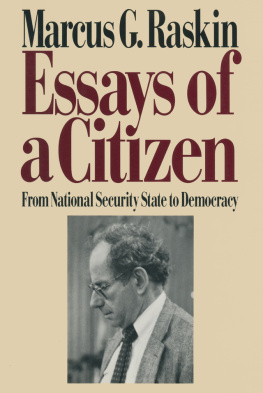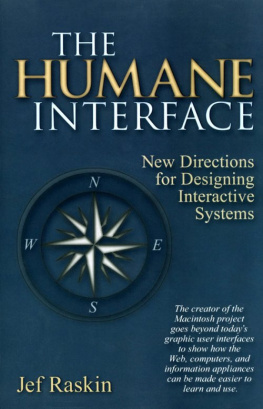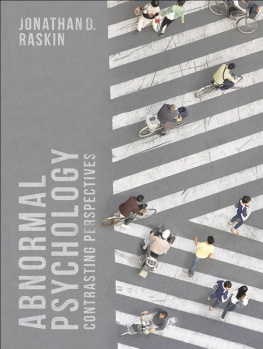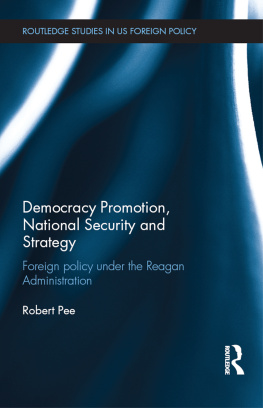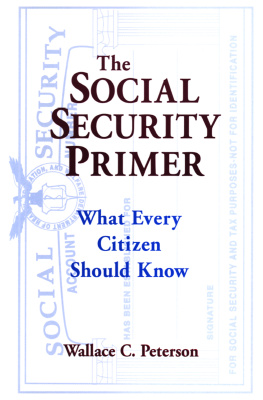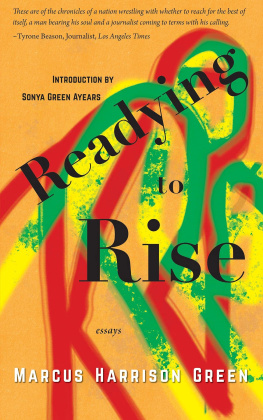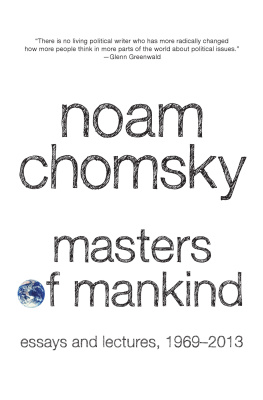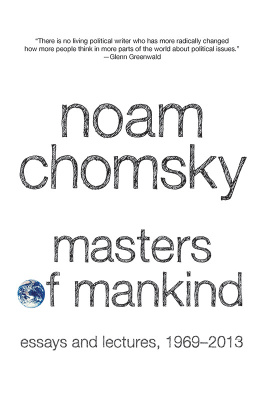Essays of a Citizen
From National Security State to Democracy
Marcus G. Raskin
Essays of a Citizen
From National Security State to Democracy
To Sam Francis for his artistic vision in a troubled world.
First published 1991
by M.E. Sharpe
Published 2015
by Routledge
2 Park Square, Milton Park, Abingdon, Oxon OX14 4RN
711 Third Avenue, New York, NY 10017, USA
Routledge is an imprint of the Taylor & Francis Group, an informa business
Copyright 1991 Taylor & Francis. All rights reserved
No part of this book may be reprinted or reproduced or utilised in any form or by any electronic, mechanical, or other means, now known or hereafter invented, including photocopying and recording, or in any information storage or retrieval system, without permission in writing from the publishers.
Notices
No responsibility is assumed by the publisher for any injury and/or damage to persons or property as a matter of products liability, negligence or otherwise, or from any use of operation of any methods, products, instructions or ideas contained in the material herein.
Practitioners and researchers must always rely on their own experience and knowledge in evaluating and using any information, methods, compounds, or experiments described herein. In using such information or methods they should be mindful of their own safety and the safety of others, including parties for whom they have a professional responsibility.
Product or corporate names may be trademarks or registered trademarks, and are used only for identification and explanation without intent to infringe.
Library of Congress Cataloging-in-Publication Data
Raskin, Marcus G.
Essays of a citizen: from national security state to democracy / Marcus G. Raskin.
p. cm.
Includes index.
ISBN 0-87332-764-0
1. United StatesForeign relations1945- 2. United StatesNational security.
I. Title.
E840.R35 1991
327.73dc20 90-9074
CIP
ISBN 13: 9780873327640 (hbk)
Contents
Every book, no matter how time-consuming and personal it may be to the author, is also a time-consuming process in other people's lives. I owe special thanks to my gifted colleague and skeptical assistant, Sasha Natapoff, who insisted that I group a number of my essays into separate books so there would be thematic coherence to each book. I await her own book. I thank Joan Drake, whose competence, insight, and concern for detail as well as for the big picture are important to her colleagues at the Institute for Policy Studies. Katharina Hering, a talented exchange graduate student, gave me important aid in the final stages of manuscript preparation. Nedra Hardeman typed parts of the final manuscript under difficult circumstances.
While books are often thought of by authors as divisive and intrusive in their private lives, I must break that mold here by thanking my wife, Lynn, for seeing this book and other such projects as an important way of living our lives together. My extraordinary and exciting children, Eden, Noah, Jamin, and Erika, and grandchildren Maggie, Zach, and Emily all contributed to the book as did my daughter-in-law Sarah and my son-in-law Keith, who knows about the modern technological world.
Special thanks to Richard Barnet, Bob Borosage, John Cavanagh, Diana deVegh, Sue Goodwin, Chester Hartman, Saul Landau, Isabel Letelier, Roger Wilkins, and the staff, fellows, and trustees of the Institute for Policy Studies, a place where thought, practice, and passion come together in the public scholarship of social reconstruction. And to my fine editor, Michael Weber, who really cares about books, ideas, and authors.
This is a period of national self-congratulation and extreme forgetfulness in the United States. Throughout the world "democracy" is praised, and communism as a social system and vision lies in tatters. Mikhail Gorbachev has been led and is being pushed to reexamine root and branch communist ideology and the political ground of the Soviet Union. Unfortunately, the example of his exercise in political psychoanalysis has not inspired Americans to undertake a similar course. Rather, our exhausted leaders, bereft of ideas or a vision for the future, are unwilling to examine the policy courses of the last generation that kept the United States in cold and hot war since 1941. We are reassured that the grand policies of the Cold War are the only way to confront the Soviet Union and the Third World. Our leadership class congratulates itself on having been steadfast and admirable in pursuing those policies.
The Cold War period has not been a free ride for the United States. Indeed, it has been costly, aimless, and continuously dangerous. Our military and spying apparatus is unparalleled, but our society is decaying. The three attempts in the post-Cold War period to bring about a measure of economic equitynamely, the Fair Deal, the New Frontier, and the Great Societywere ground up in war and cold war. Long before these presidential initiatives that took social claims of equality seriously, essayist Dwight MacDonald sensed in 1943 that the United States would enter a long period of social drift:
Political thinking has abandoned not only the old optimism of progress, but also the very notion of any consistent attempt to direct the evolution of society in a desirable direction. Submission to the brute force of events, choice between evils rather than positive programs, a skepticism about basic values and ultimate ends, a refusal to look too far ahead. This is the mood.
Reactionaries have wanted to escape this mood with an ideology whose conclusions harken to another time and that by intention or result is meant to exclude the mass of humanity from history. Of course, the fundamental spirit beneath the tumultuous changes now occurring in the world is the desire for participation, justice, and being seen; that is, of being part of the world, where one's needs and feelings in relation to those of others matter. But to make this sensibility real there must be remembrance, not only of horror stories and genocide such as the Gulag and the concentration camps, but of mistakes, misjudgments, and miscalculations that add up to moral and political disaster. It is of course easier to forget and to "put behind us" what we don't "need to know." It is hard enough to remember past reality in the best of circumstances, for it can only yield partial truth with much misunderstanding and myth.
Not long ago James Abourezk, a distinguished former senator from South Dakota, held a dinner party to honor an authentic man of letters, Gore Vidal. George McGovern was present at the party, and several of us standing in the corner spoke about the current foibles of American politics. Vidal joined the group and in a deadpan way said to McGovern: "George, I've forgotten. Were you president for one or two terms?" Of course, we all thought that Vidal had taken leave of his senses. And Vidal went on: "The one thing about your presidency that disturbed me was that you withdrew my nomination to the Supreme Court." At this point those listening could not fathom what Vidal was up to. McGovern looked excruciatingly uncomfortable. Finally, Vidal, a chronicler of American life, broke the pained silence, "George. Tell everyone you were president. No one remembers anyway." Everyone laughed and then McGovern told us that in a poll taken six months after his defeat by Richard Nixon, the overwhelming majority of those asked said that they had voted for McGovern for president.


